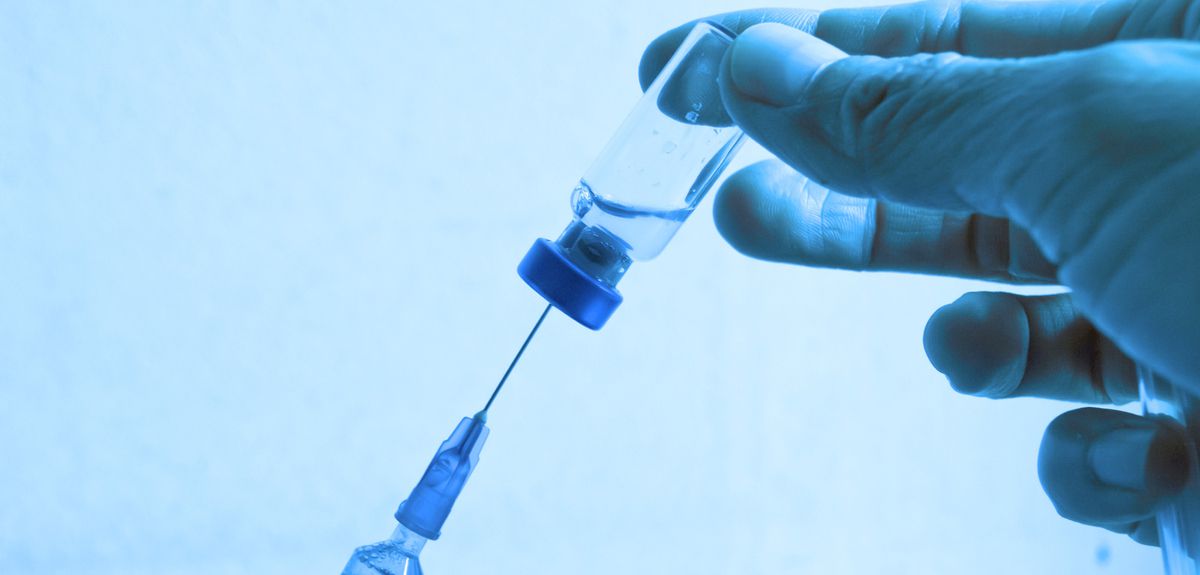On Thursday, India Ratings and Research (Ind-Ra) stated that the cost of vaccinating all citizens above the age of 18 years against Covid-19 will amount to Rs. 67,193 crores. It is to be noted that of total Rs. 67,193 crores, states together will incur Rs.46,323 crores.
India Ratings, in a note, stated that “may cost ₹67,193 crore, of which the Union government will incur ₹20,870 crore and state governments together will incur ₹46,323 crore”.
India’s Phase 3 strategy
India is on a detestable spree of breaching it’s on covid positivity records, by setting one itself every day. Given India’s uncompetitive nature and bad management of the crisis, India has emphatically left Brazil and every other country behind in recording highest number of new cases every day.
As the second wave of Covid-19 sweeps the country with alarming speed and severity, the government has announced cautious Phase 3 strategy of Covid-19 vaccination which starts on April 28. Under this scheme, all persons above 18 years of age, from May 1, will be eligible to get Covid-19 vaccine shots.
The report stated that “This means that the total size of the population that will now be eligible for vaccination would be 84.19 crore out of the total population of 133.26 crore,”.
The government in its pursuit to ease the virulent nature of the pandemic, has made the pricing, procurement, eligibility and administration of coronavirus vaccines flexible. It is to be noted that though vaccination drive will continue at the same speed, priority will be given to priority populations such as the healthcare workers, frontline workers and population above 45 years of age. To make this possible, states and Union territories have been directed and allowed to procure additional Covid-19 vaccine doses directly from the manufacturers in addition to opening up vaccination to people above the age of 18 years.
To make the aforementioned strategy work, Indian vaccine manufacturers would now have to supply 50 per cent of their production to the central government and the balance 50 per cent would be available for procurement by the state governments and the open market which includes private hospitals.
Additionally, it has been reported, that the Union government has already spent ₹5,090 crore on procuring 21.4 crore vaccines from Serum Institute of India and Bharat Biotech.
The report stated that if assumed that two doses of vaccines at ₹400 per dose are required for vaccine procurement and if a total of 5 per cent wastage is allowed, the cost for the central government will come to a total of ₹62,103 crore for 155.4 crore doses.
It noted that the total of the two comes to ₹67,193 crore which “works out to be just 0.36 per cent of GDP,” . It further stated that “If we split it between the Union government and state governments, then the fiscal impact on the union budget would be 0.12 per cent of GDP and on the state, budgets would be 0.24 per cent of GDP”.
Talking about varied impact of the pandemic on different states, maximum impact is likely to be on Bihar (0.60 per cent of gross state domestic product or GSDP), followed by Uttar Pradesh (0.47 per cent), Jharkhand (0.37 per cent), Manipur (0.36 per cent), Assam (0.35 per cent), Madhya Pradesh (0.30 per cent) and Odisha (0.30 per cent).
Talking about the recurring nature of vaccine expenditure, Ind-Ra stated that “Since the antibodies generated by these vaccines are likely to last for 12-18 months, this expenditure would be a recurring expenditure on union and state budgets,” .

“However, many states such as Kerala, Chhattisgarh, Bihar and Madhya Pradesh have already announced that the government will bear the cost of vaccination. Vaccinations by large corporate groups will reduce pressure on the state/central budget.” It added
“However, more than the money spent, the critical factor would be how soon the desired level of vaccination can be achieved.”
“Therefore, the decision to allow the restricted emergency use of Russian vaccine Sputnik-V and other vaccines approved by the US, EU and WHO is another step in the right direction. This will only accelerate the vaccination effort in the country. The first batch of Sputnik V is expected to be delivered to India by April-end,” it added.

